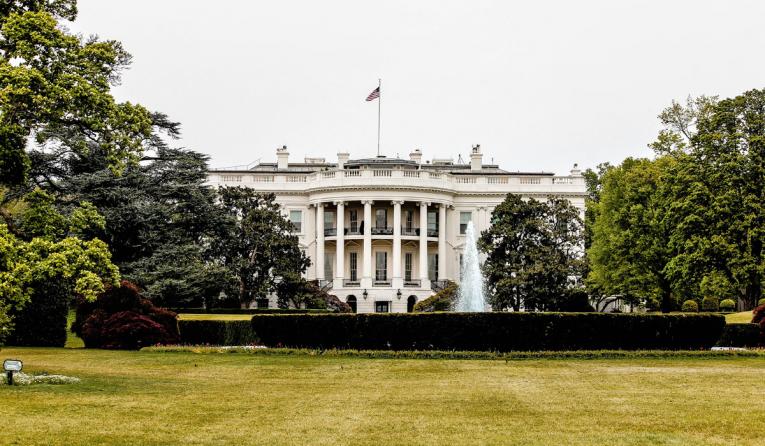Democrats in the House of Representatives presented a $3 trillion stimulus package Tuesday that includes changes to the Paycheck Protection Program requested by voices in the restaurant industry.
The program provides loans to small businesses contingent upon them rehiring employees. Seventy-five percent has to be spent on payroll while the remaining 25 percent must be used on utilities and rent. The loans come with an eight-week forgiveness period that begins upon disbursement.
Restaurant operators have heavily criticized the program, saying that it doesn’t make financial sense to rehire workers during the forgiveness period if they cannot safely reopen. There’s fear that if they rehire workers, those same employees will be laid off again after eight weeks.
The new bill would increase the forgiveness period from eight weeks to 24 weeks. The deadline to rehire workers—for the purpose of qualifying for forgiveness—would move from June 30 to December 31.
There’s also an exemption based on employment availability. According to the bill, if the company is unable to rehire a worker who was employed on or before February 15 or is able to demonstrate an “inability to find similarly qualified employees” on or before December 31, the reduction in workforce wouldn’t affect loan forgiveness.
The maturity date of the loan would move from two years to five years, lowering monthly payments. The bill would also clarify that PPP loans can’t be calculated on a compound basis, which would save borrowers money.
The 75/25 requirement for payroll and rent would be eliminated, as well.
Twenty-five percent of existing funds would be earmarked for businesses with 10 or fewer employees and the lesser of 25 percent or $10 billion would be dedicated to small-sized lenders.
“Independent restaurants are being heard on Capitol Hill,” the Independent Restaurant Coalition said in a statement. “We are grateful to the members of Congress who fought for these critical changes to the Paycheck Protection Program. The expansion of EIDL [Economic Injury Disaster Loan] and improvements to PPP included in the House Democrats’ proposal will give 500,000 small restaurants a better chance of reopening their doors when it’s safe to do so, however, more work from Congress is needed to ensure independent restaurants have the resources needed to stay in business.”
However, the bill is unlikely to gain traction in Congress. CNN quoted Republican Sen. Lindsey Graham as saying the bill is “dead on arrival.” Sen. John Barrasso told the outlet that the bill won’t pass and that it won’t be supported. ABC News reported that the package is no more than a “messaging bill” and a chance for Democrats to get their priorities on record.
If it did pass, the legislation would still cause headaches for the restaurant industry. In addition to the changes to the PPP, enhanced unemployment benefits would be extended from the end of July to the end of January. Operators have argued that employees may refuse to return to work, opting instead to stay on unemployment. In some cases, workers make more money off the unemployment benefits than they did at their job. Most states have rules mandating that employees receiving unemployment insurance must prove they’re actively searching, but that rule may not be heavily enforced given the unprecedented environment.
The bill also includes, among other things, another round of $1,200 direct payments to citizens, $1 trillion for state and local governments, $200 billion to ensure frontline workers receive hazard pay, and $75 billion for COVID-19 testing, treatment, and contact tracing.
The industry has called for more than just adjustments to the PPP. The Coalition wants a $120 billion stabilization fund for independent restaurants and the National Restaurant Association wants a $240 billion recovery fund, to match the expected losses through the end of 2020.
“The PPP remains an eight week band-aid for an 18-month problem overwhelming independent restaurants, who face nearly insurmountable odds as they meet new requirements for public safety,” the Coalition said. “They will incur new expenses for necessities like protective items and heightened cleaning protocols, while modifying dining rooms to reduce seating will cause independent restaurants to lose up to 50 percent in revenue if they are able to reopen at all. Independent restaurants will not be ‘back to normal’ anytime soon, and that’s exactly why we’ve asked Congress for a stabilization fund; to ensure these businesses can reopen, stay open, and re-employ 11 million people.”

